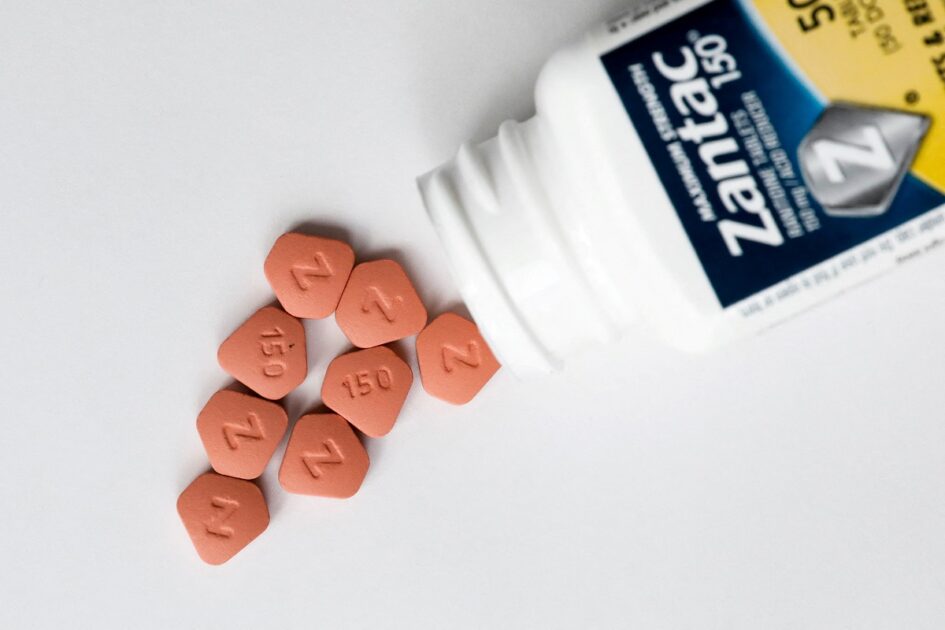- Web Desk
- 2 Hours ago
Could ‘inverse vaccines’ treat autoimmune diseases?
-
- Web Desk
- Sep 30, 2023

WEB DESK: Scientists are exploring a new type of vaccine, known as an “inverse vaccine,” with the potential to treat autoimmune diseases like multiple sclerosis (MS), Type 1 diabetes, allergic asthma, and Crohn’s disease. In autoimmune diseases, the immune system mistakenly attacks healthy cells, leading to illness.
According to DW, in a recent study published in Nature Biomedical Engineering, researchers have shown that an inverse vaccine can prevent the harmful immune response in a laboratory model of autoimmune disease.
Jeffrey Hubbell, who led the research, described inverse vaccines as a groundbreaking concept in vaccination that holds promise for treating various autoimmune diseases. It’s important to note that this vaccine is still in the development stage and has not been tested on humans.
So, what exactly is an inverse vaccine? Unlike conventional vaccines that train the immune system to recognise and target infectious agents, inverse vaccines aim to prevent the immune system from attacking healthy cells. They essentially retrain the immune system by sending a “do not attack” signal.
Read More: The dangers of Toxic Positivity: When “stay positive” isn’t always good advice
Researchers envision that inverse vaccines could potentially treat a range of autoimmune diseases. For instance, in multiple sclerosis, immune cells attack the brain and spinal cord cells, while in Type 1 diabetes, they target insulin-producing cells in the pancreas.
However, current treatments for autoimmune diseases often involve suppressing the entire immune system, making patients more susceptible to infections and less responsive to vaccines.
Inverse vaccines offer a more targeted approach, suppressing only the dysfunctional immune response while leaving the healthy parts of the immune system intact. This approach could revolutionise autoimmune disease treatment, offering better outcomes for patients.
Although the concept of inverse vaccines is not new, the research led by Hubbell presents a novel approach to creating adaptable inverse vaccines tailored to specific autoimmune diseases. While these vaccines are not yet ready for human trials, early safety trials are underway, including research on celiac disease and multiple sclerosis. Researchers hope to see significant progress in the field of inverse vaccines in the next five to ten years.




